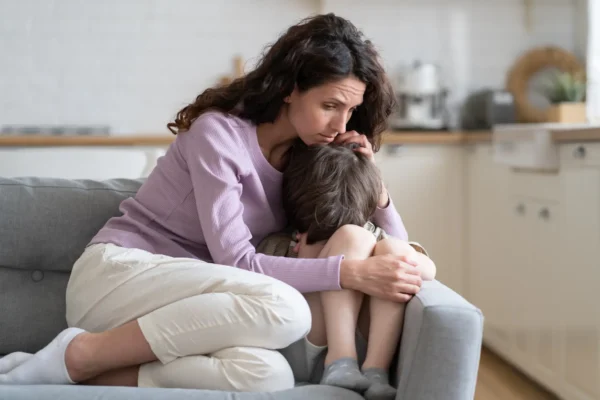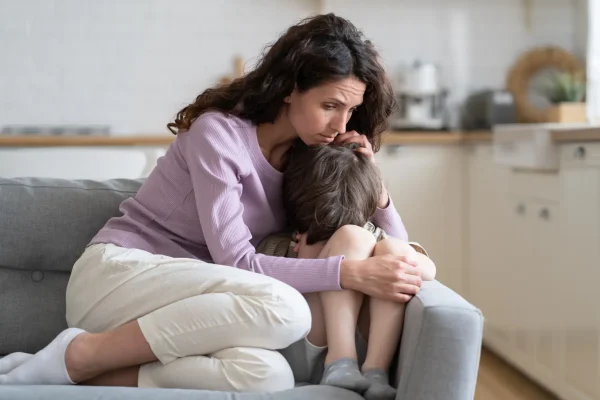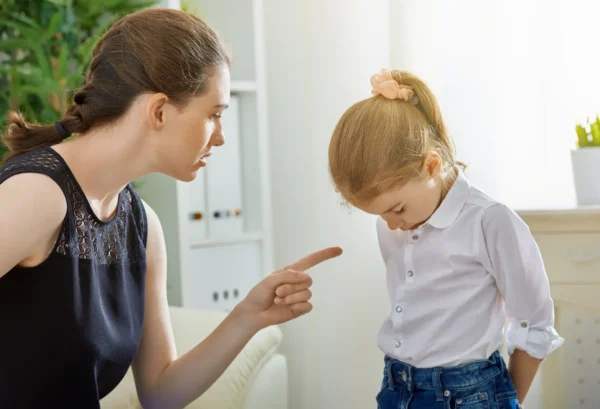
Breaking the Silence: How Bedwetting Fuels Bullying and What Parents Can Do
For many children, bedwetting brings more than just wet nights — it can invite teasing, bullying, and hidden shame. In this blog, we break the silence, explore how to protect your child’s confidence, and share practical treatments and strategies to help them stay dry with compassion and success.






